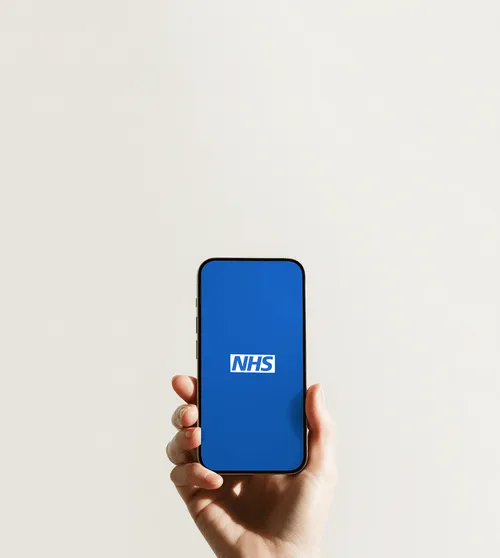The Foundation
Autonomous Triage and Care Navigation
The journey to integrated care commences with a fundamental shift in how patients enter and navigate the healthcare system. At the core of this transfiguration is autonomous triage and intelligent care navigation, epitomised by Rapid Health’s Smart Triage.
Healthcare navigation refers to the process of guiding patients through the healthcare system to ensure they access the most appropriate services for their needs. By harnessing AI-driven platforms, navigation helps patients identify whether self-care, primary care, specialist support, or urgent treatment is most suitable, then directs them to the correct healthcare pathway. However, effective navigation is impossible without efficient triage.
Traditional triage processes consume valuable clinical capacity due to mandatory human touchpoints at every decision stage. Every healthcare interaction fundamentally involves a triage and navigation decision - determining the best next step for a patient. These decisions occur countless times daily across the NHS, with each requiring clinical time and expertise. The result is a system where clinicians spend considerable time determining where patients should go next rather than delivering care.
Autonomous Triage
Autonomous triage essentially changes this equation. It utilises advanced clinical intelligence to independently assess patient needs, determine appropriate pathways, and allocate clinical resources without human intervention. This autonomy is the critical enabler that makes system-wide navigation possible without depleting the very clinical capacity it aims to optimise. Without autonomous capabilities, even the most sophisticated navigation systems would simply redistribute clinical burden rather than reduce it.
Crucially, a focus on navigation without autonomous triage could exacerbate existing pressures by creating additional administrative steps without eliminating the core constraint - the requirement for clinical input in routing decisions. Rapid Health’s Smart Triage solves this fundamental dilemma by deploying intelligence at the triage stage, ensuring that navigation decisions are consistently clinically appropriate while simultaneously preserving clinical capacity.
"When establishing a new model for integrated care, it’s logical to start at the outset - at the top of the care cascade - by gaining control of primary care access. By restoring order to general practice, the NHS can unlock significant untapped clinical capacity, enabling clinicians to treat more patients cost-effectively, closer to their homes, and with fewer delays.
The key foundational challenges addressed by autonomous triage and intelligent care navigation start with establishing a universal footprint for primary care access, as demonstrated by Rapid Health’s SmartTriage. This foundation then enables direct access to diagnostics for both primary and secondary care, as well as streamlined pathways to specialist care - all while producing the evidenced 73% reduction in waiting times and normalisation of demand patterns seen in existing implementations.




